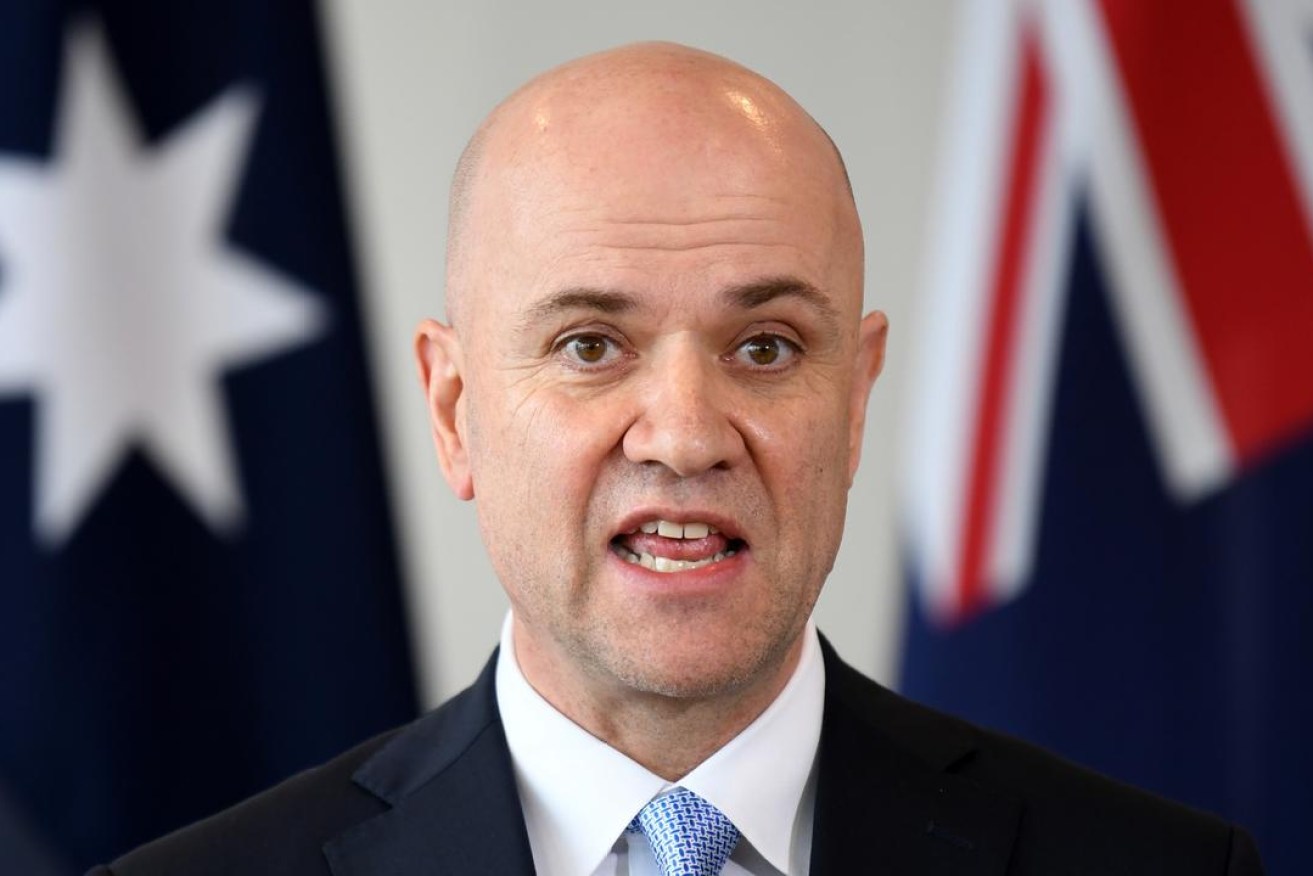Sharp drop in Covid hospital patients but elective surgery still a waiting game
The number of people hospitalised with Covid-19 has dropped 15 per cent in the past week as Queensland recorded just three deaths and 7462 new cases of the virus on Monday.

Chief Health Officer Dr John Gerrard. Photo: AAP
Despite the good news, the Government said elective surgeries would continue to be suspended until the end of February.
Chief Health Officer, Dr John Gerrard, said that in the seven days from January 24-31, the number of people in the State’s hospitals with the virus had fallen from 878 to 744.
But whilst numbers are dropping as the Omicron variant reaches its peak there were renewed calls for school children and First Nations people to get vaccinated.
The good news comes as schools prepare for full-time return to learning from February 7 and people go back to work.
Premier Annastacia Palaszczuk said it was heartening that numbers of those in hospital and losing their lives was now falling.
She said that so far 1.4 million Queenslanders had received their booster shot, which is 55.17 per cent of the eligible population.
And only 33.37 per cent of five to 11 year-olds have been vaccinated despite school returning within days. The figure for 12-15-year-olds is better at 67.29 per cent.
“If you are unvaccinated, you run the risk of ending up in hospital and becoming extremely sick … people if you are unvaccinated, come forward and get vaccinated,” Palaszczuk said.
Of the three people who died, one was in their 60s, one in their 80s and one in their 90s. Two had received two doses of the vaccine and one had had the booster as well.
On Monday, there were 744 people in hospital with Covid-19, 46 of them in intensive care.
Health Minister Yvette D’Ath said there appeared to be a slowing down of the number of five to 11-year-olds being vaccinated and she urged those who had not yet received a dose to come forward and do so.
And she announced that elective surgeries across the State would continue to be suspended until the beginning of March.
The premier urged parents to think about getting their children vaccinated ahead of the return of school next week.
“Look, I’m happy to advise my whole family has been vaccinated my parents, my sisters, my nieces, my nephew,” she said.
“Honestly, I know there’s, you know, millions of families out there they’ve done exactly the same thing, but if you are unvaccinated you run the risk of ending up in hospital and becoming extremely sick.”
The government’s back to school plan involves providing RAT kits to schools, which can be handed out to any students and staff who have virus symptoms, for the first four weeks of term.
Independent Schools Queensland says facilities, particularly boarding schools, expect the kits to be delivered this week in time for classes starting on February 7.
Despite tight RAT supplies nationally, Education Minister Grace Grace is promising “adequate” test supplies for every school in Queensland by Monday.
“We’ve got tens of thousands of kits at the moment that will be adequate for the first day of school,” she told ABC Radio on Monday.
“And as I said yesterday we’re looking … at procuring about 750,000 of these tests so we can adequately provide the confidence in parents and carers and staff that there will be tests available.
“But, in addition to that, if you are sick before you go to school, you will have priority access at our health clinics.”
Grace said just under one in three school age children were twice vaccinated against Covid-19, but she was hopeful more students will get their second dose this week.
She said there was no plan for Queensland to mandate the jab for students, but said the government would follow health advice on the issue.
“I think everything is on the table to be considered and national cabinet meets weekly at the moment,” the minister said.
The state will also provide RATs to staff entering remote communities, and all school camps, excursions, assemblies, and large gatherings will be suspended.
Face masks will be mandatory for all high school students and staff and strongly recommended for students in years three-to-six.
Schools must ensure adequate ventilation by opening classroom windows and doors, relocating classes outdoors or providing mechanical ventilation.
Independent Schools Queensland chief executive Christopher Mountford backs the plan, but has called for more details about quarantine and isolation rules, particularly for boarding schools.
“So if you think about a boarding facility with … lots of students living together – the way that the close contact rules would work at the moment, we might see whole boarding school facilities considered close contacts, and you might see some students therefore quarantine for a long period of time,” he told ABC Radio on Monday.
“The state government is very much aware of this issue, and they’re working through at the moment to find some more reasonable and practical solutions.”












